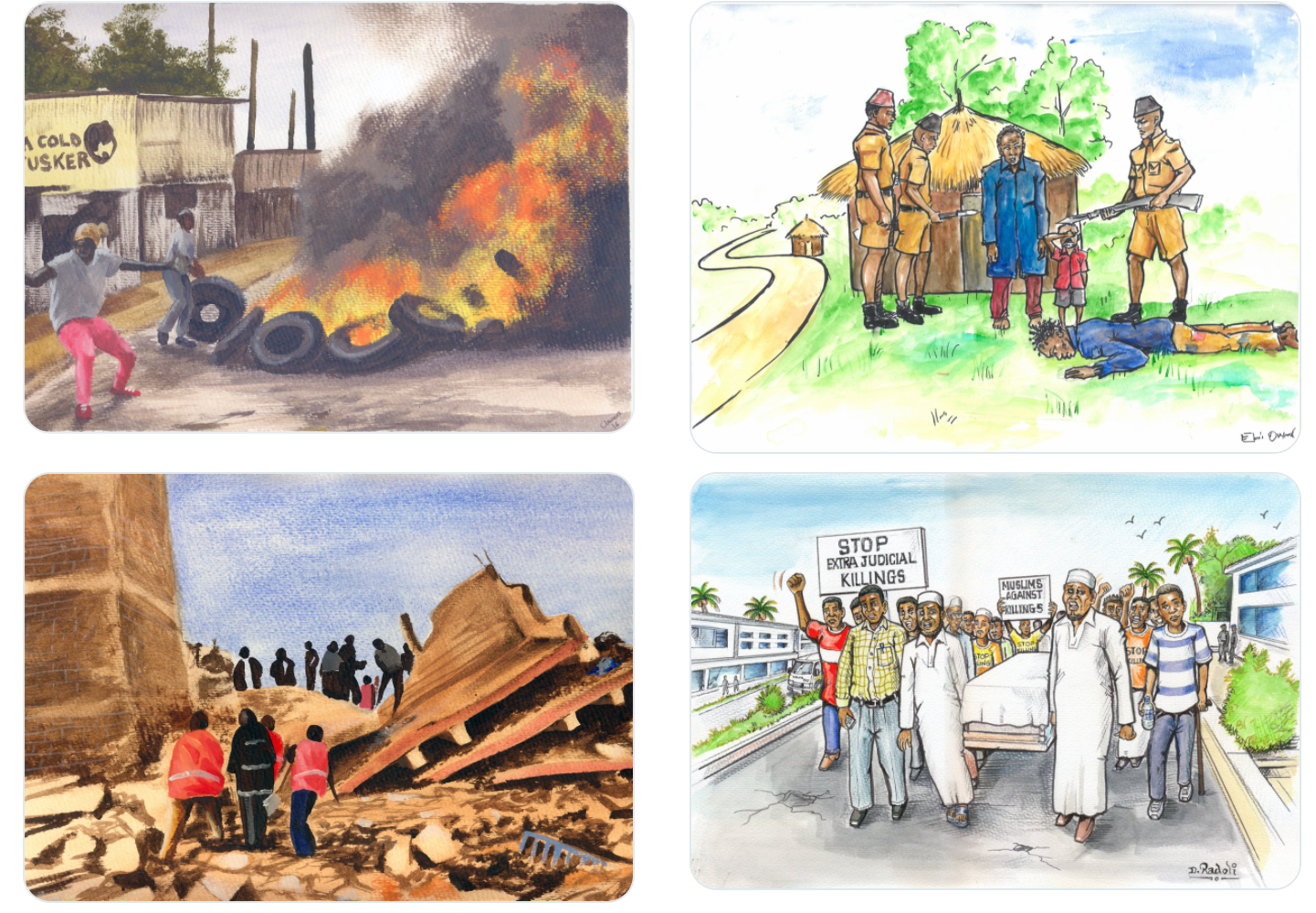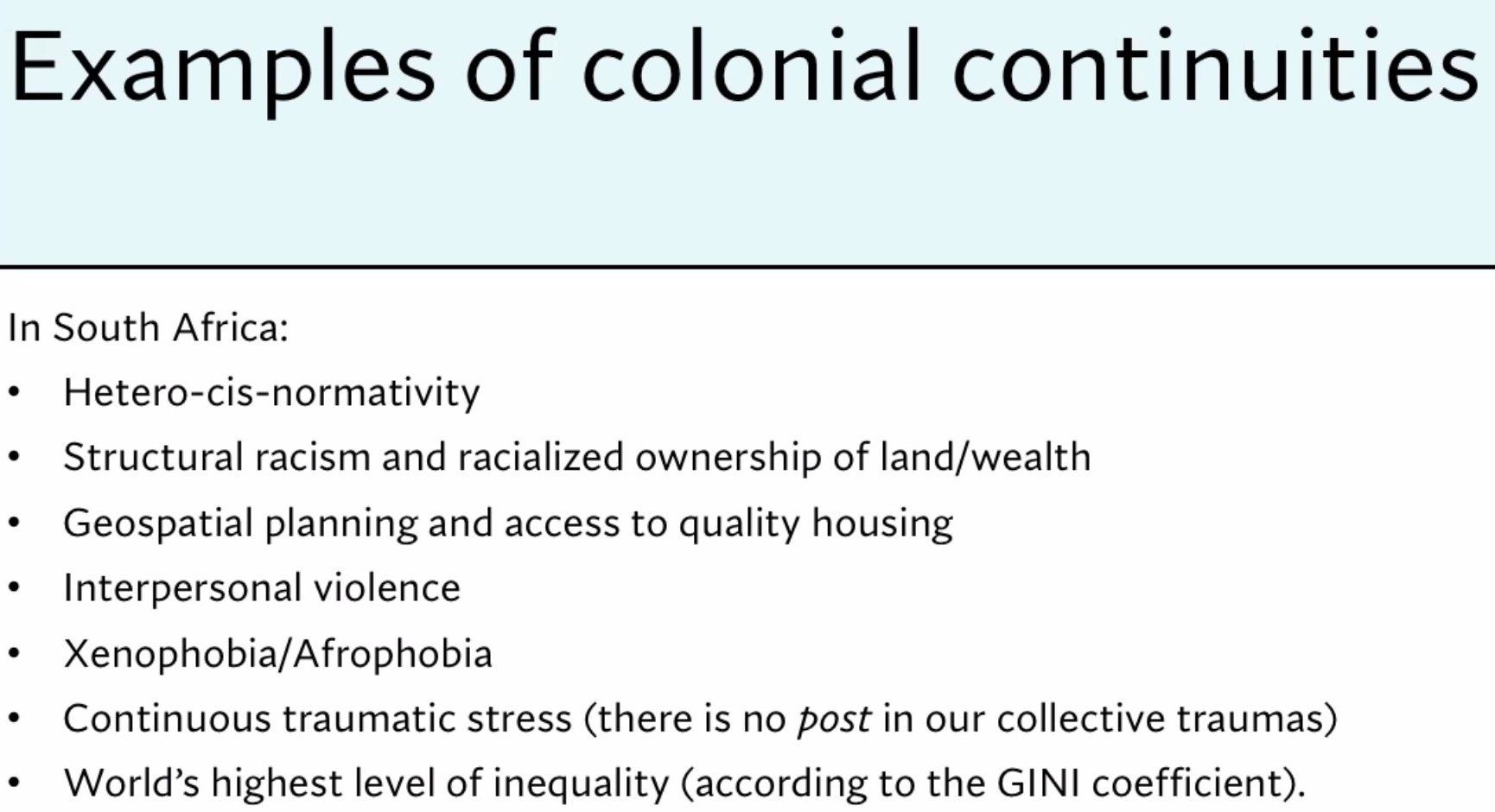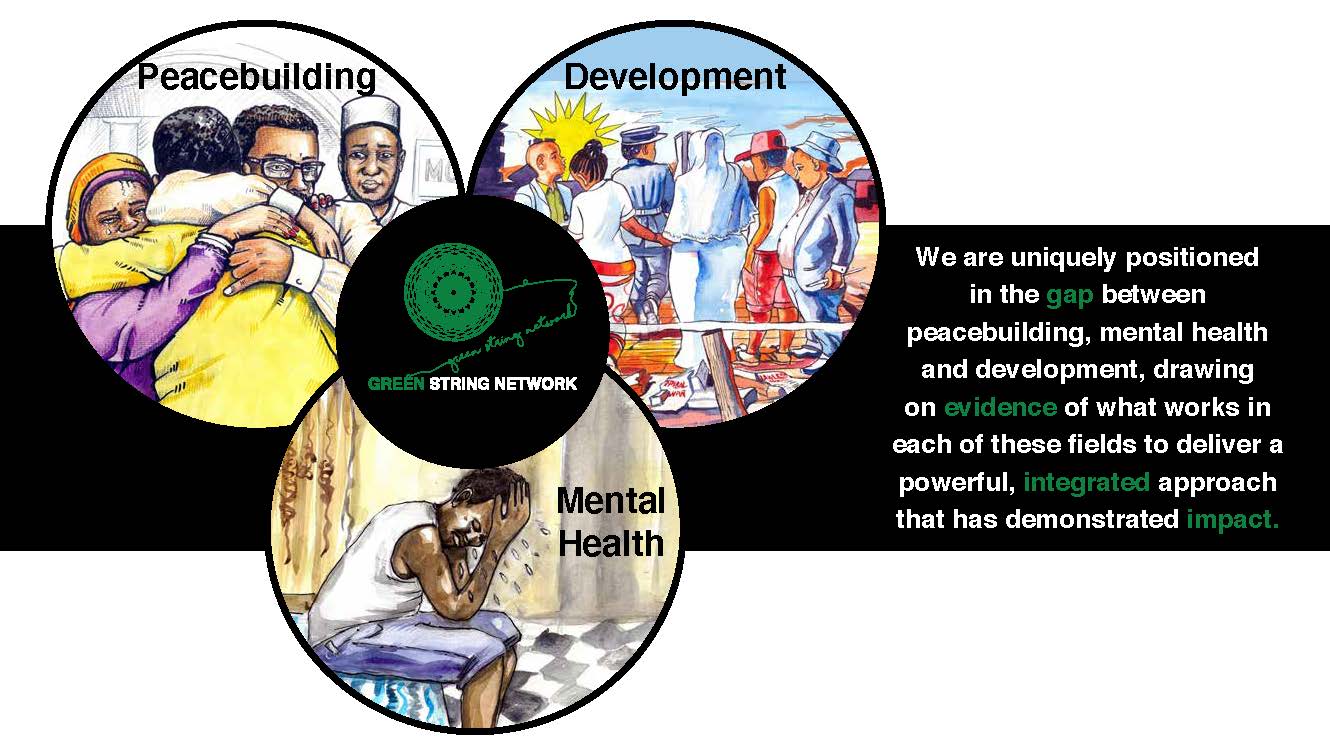
Trauma is a planetary emergency, not a personal problem
A community battered by trauma is like a cracked cup. Whatever resources you pour into will leak out.
"There is no 'post' in our collective traumas."– Suntosh Pillay, clinical psychologist, Kwazulu Natal, South Africa
Trauma is often depicted as a personal affliction – the ghost of a horrifying event from the past that haunts your present and defaces your future. But this is a narrow interpretation of trauma. For vast swathes of the world, trauma is not an individual's problem. It is fused with their social and cultural identities. Neither is trauma something that originated in the distant past. It is a continuous, recurring, everyday phenomenon. Nowhere is this more painfully true than in societies that are still coming to terms with the scars of decades or centuries of violent colonial rule.
In a recent talk, South African clinical psychologist Suntosh Pillay listed all the ways in which colonialism continues to traumatise that country:

In the postcolonial societies of Asia and Africa, trauma manifests not just as a psychological problem but a political and economic problem. Traumatised societies are riven with conflict and inequality. They are like cracked cups. No amount of resources or developmental aid poured into them will lead to lasting change, unless they tend to the (unfair but) critical task of healing the cracks first.
I borrowed this powerful 'cracked cup' analogy from Angi Yoder-Maina, an expert on 'healing-centred peacebuilding' from Nairobi, Kenya. In this brilliant piece for Sanity today, adapted from a recent tweet storm, Yoder-Maina explains how trauma damages systems and structures and not just people. I hope the insights here will help you understand trauma in a compelling new light and imagine new pathways to healing, wherever in the world you are. – Tanmoy
The cracked cup of trauma
Five years ago, I founded the Green String Network in Kenya. Our vision is to support local organisations to develop and design healing-centred peacebuilding programmes across the region, including in Somalia, Ethiopia, South Sudan, and Kenya. We use storytelling, watercolour illustrations, and embodied practices to help people articulate the violence, abuse, and neglect they have endured.
Then we use these methods to unlock new ways of thinking, behaving, and feeling, so people can live fuller and more peaceful lives as individuals and communities. This healing process is the first and fundamental step towards building peace, wellbeing, and prosperity in the long term.



